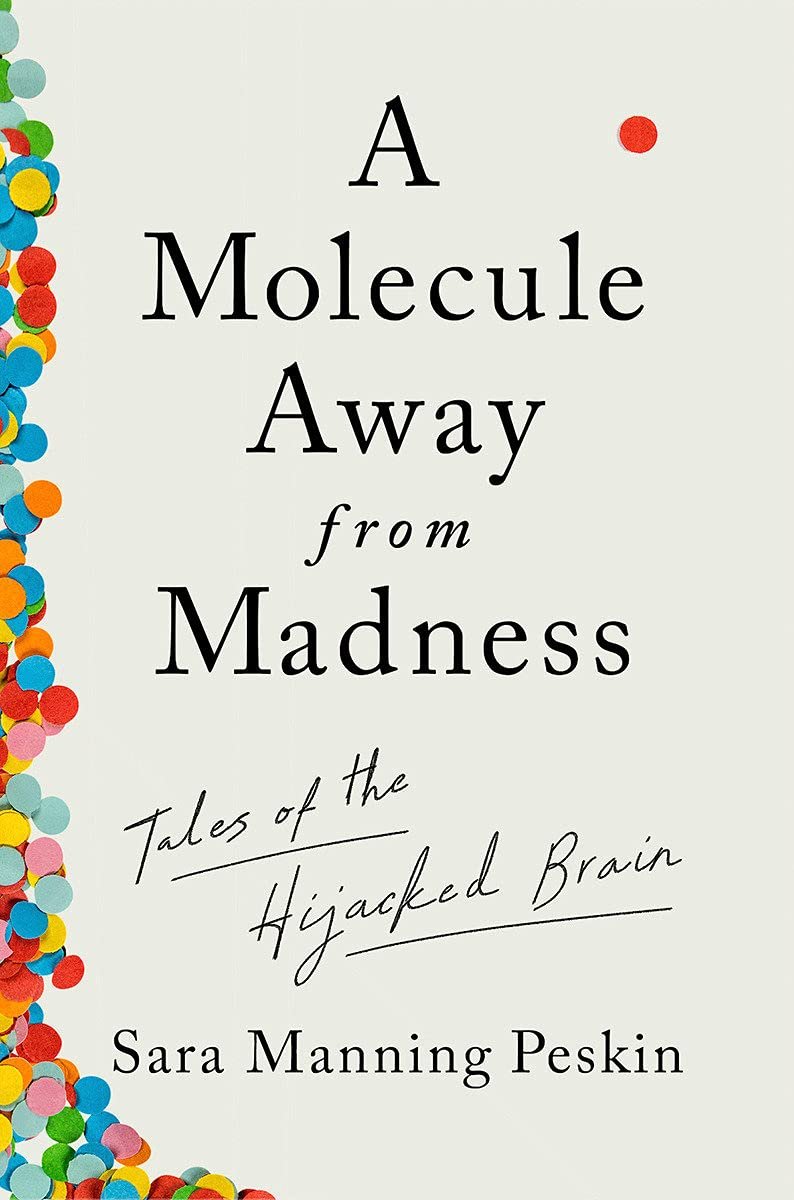Discussion Guide for Book Groups
1) Amelia Elman and Russell Goodman each underwent genetic testing to determine whether they carried DNA abnormalities that predispose to Huntington’s disease and frontotemporal dementia, respectively. Would you have chosen to do the same? Explain.
2) What tools did Lauren Kane’s mom use to advocate for Lauren when she was sick? What has been your own experience in advocating for yourself or others in healthcare settings?
3) Santiago Ramón y Cajal, who discovered that the nervous system was made of individual cells, failed to sway his colleagues with written reports of his data. Instead, he had to travel to a meeting in another country and show people his slides under a microscope. Why is experiential learning such a powerful tool? What techniques do you use to convince colleagues of your ideas?
4) Dr. Norbert Hirschhorn has speculated that Abraham Lincoln may have experienced symptoms of mercury toxicity due to use of blue mass. Is there value in trying to diagnose historical figures retroactively? What about family members?
5) Joseph Goldberger offered prisoners freedom in exchange for participating in one of his experiments - an arrangement that would never be permitted by modern-day ethical standards. What are some of the most important factors in acquiring consent for medical research? If you have participated in medical research yourself, what was your experience in giving consent?
6) The book discusses some conditions that are treatable and others that aren’t. Did you ultimately feel hopeful about neuroscience, or were you left feeling pessimistic? Why?
7) The book is divided into three sections based on the cause of the diseases under discussion: mutants, rebels, and invaders and evaders. Which type of diseases do you find most threatening?
8) Friedrich Meischer, Alois Alzheimer, Francois Magendie, and others were not initially recognized for the importance of their findings. Why does it often take so many decades for people to realize the value of scientific discoveries? How can we identify promising results more quickly?
9) What researcher did you find to be most memorable? Why do you think their story in particular struck you?
10) How often do you think about the vulnerability of your own mind? What fears do you have for your own cognition and why do you think those particular things scare you?
